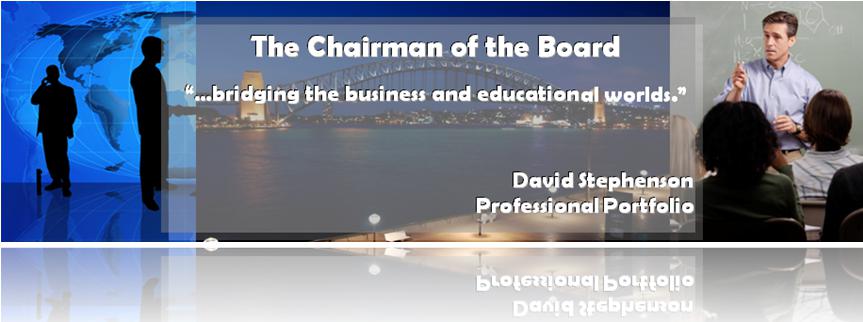Mentors as Communicators: Part I
The biggest key for good mentoring is communication, bar none.
This can
take several forms and formats. Specifically, a mentor should
make a consciouis effort to communicate the following areas as clearly
as possible:
- Be a professional role model.
Always treat with respect. A good mentor demonstrates
quality, pride and dedication to their profession. They emulate
appropriate behaviors, such as attendance and punctuality. The
mentor must embody respect, courtesy, and loyalty to family, friends
and colleagues
- Have the mentee's best interests in mind.
Those who are mentored by colleagues put themselves in an unequal and
vulnerable position in relation to persons who, some time in the
future, may be making decisions about their tenure and promotion. Thus,
the best mentors are likely to be those who volunteer to participate in
the activity.
- Be a good communicator.
Interpersonal skills such as active listening, questioning,
problem-solving and decision-making are critical elements. Mentors must
be open-minded and approachable in order to encourage their mentees to
seek help. Being a good communicator enables the mentor to know when to
listen and when to offer advice, when to assist and when to expect
mentees to take the initiative.
- Be a diplomat. Mentees are
naturally going to make mistakes. It becomes the job of the mentor to
help them correct their errors and develop reflective/anticipatory
thinking skills, by providing constructive feedback in a helpful and
non-threatening manner.
- Be non-competitive. Those who are
self-reliant and non-competitive are more likely than others to have
the skills needed for a wholesome mentoring relationship. Mentees may
be younger, have higher energy levels, and produce more innovative
plans than their mentors. Mentors must be secure within themselves not
to feel threatened by fresh talent and potential.
Mentors as Communicators: Part II
From my own personal perspective, I have had the
opportunity to have 3 mentees--all of whom I am still working with and
learning from. They all followed the same methodology and
are totally centered on the mentee: 1) "Grand plan generation."
Here we sit down and discuss the strategic and tactical goals of
the mentee, whatever they may be. Challenges, strengths; 2) Ask
questions, discuss and refine priorities; 3) Develop plans; 4)
implement plan; 5) evaluation phase--on going process of
feedback/support.
This approach is a more accelerated transfer of knowledge (technical,
organizational, leadership, political, teaching tools, techniques) for
the mentee because it is focused and mentee driven. Little time
is wasted and it was a very postive thing for me to be involved in.
Leader vision, real world problem are being used more.
Linking living and learning. Benefits of video games/play
in education.
Lastly, being a mentor has helped me hone and develop skill sets of
in several key
areas, including: building and maintaining relationships, sharing my
vision, coaching,
communicating, listening, problem solving, providing and receiving
feedback, nonjudgmental, patience, sharing time and energy. I
look forward to having many more experiences with mentees.
|

